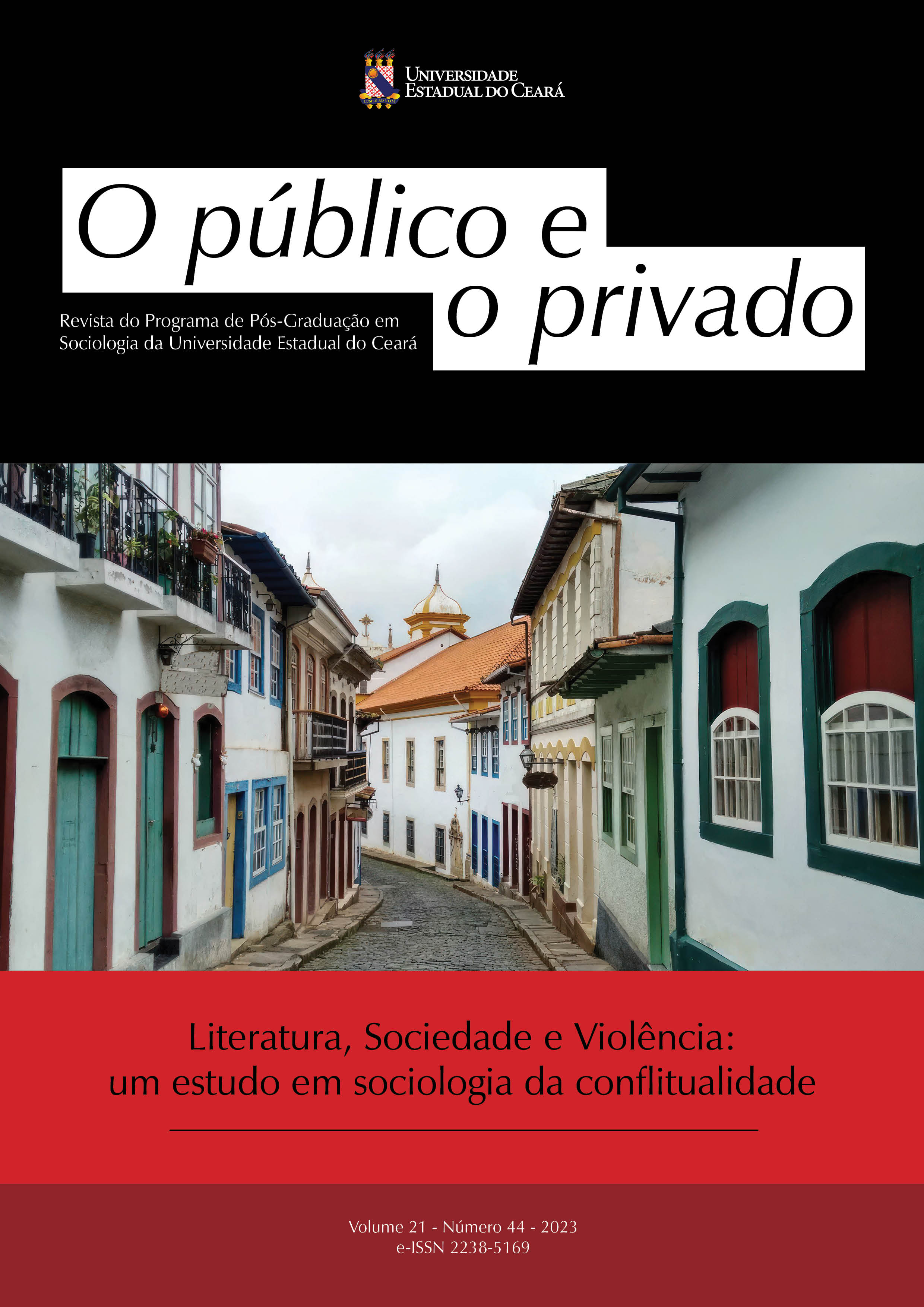The Guarani
foundation myth of Brazilianness
DOI:
https://doi.org/10.52521/21.8403Keywords:
O Guarani, Romantismo, José de Alencar, Cultura Popular, Mito Fundador, NaçãoAbstract
José de Alencar writes “O Guarani” as a fictitious representation, filled with as much information as possible to make a desperate intention believable. Indians, forests, wild animals – the scenario of European romanticization was an excess, its suffocating presence overwhelmed us. It is often said that José de Alencar's Indianism tried to eliminate this nuisance. But does he see only an idealized Indian, stripped of his real qualities? I do not think so. Reading the novel carefully, we realize that things are more complex. The birth of Brazil is not simply the crossing of culture with nature, but of a particular culture with a domesticated nature. Alencar's question is how to introduce civilization into a domain that is foreign to him, a problem that is radically different from that described by European Romanticism. "The Guarani", like the primitive myths, finds in the figure of incest (the fraternal union of Ceci and Peri) the artifice for the fecundation of a new order, but it is above all a novel of the waters, where the image of washing away impurities, permeates the narrative from beginning to end.
References
ALENCAR, José de. O Guarani. São Paulo: Ática, 1999.
BALANDIER, Georges. Antropologia Política. São Paulo: Difel, 1969.
BASTIDE, Roger. Le Sacré Sauvage. Paris: Payot, 1975.
BASTIDE, Roger. Estudos Afro-Brasileiros. São Paulo: Perspectiva, 1973.
DOUGLAS, Mary. Pureza e Perigo. São Paulo: Perspectiva,1976.
GLUCKMAN, Max. Custam and Conflit in Africa. Oxford, 11, Basil Blackwel, 1963.
GOBINEAU, Joseph Arthur. Ensayo sobre la desigualdad de las razas humanas. Barcelona: Editorial Apolo, 1937.
MAGALHÃES, Couto de. O selvagem. Rio de Janeiro: Brasiliana, s.d.p.
ORTIZ, Renato. Cultura Brasileira e identidade nacional, São Paulo, Brasiliense, 1985.
RODRIGUES, Nina. L’Animisme Fétichiste des Negres de Bahia. 1890.
ROMERO, Silvio. História da Literatura Brasileira. Tomo I, Rio de Janeiro: José Olympio, 1960.
TURNER, Victor. O Processo Ritual. Petrópolis: Vozes, 1973.
Downloads
Published
How to Cite
Issue
Section
License
Copyright (c) 2023 Renato Ortiz

This work is licensed under a Creative Commons Attribution 4.0 International License.











